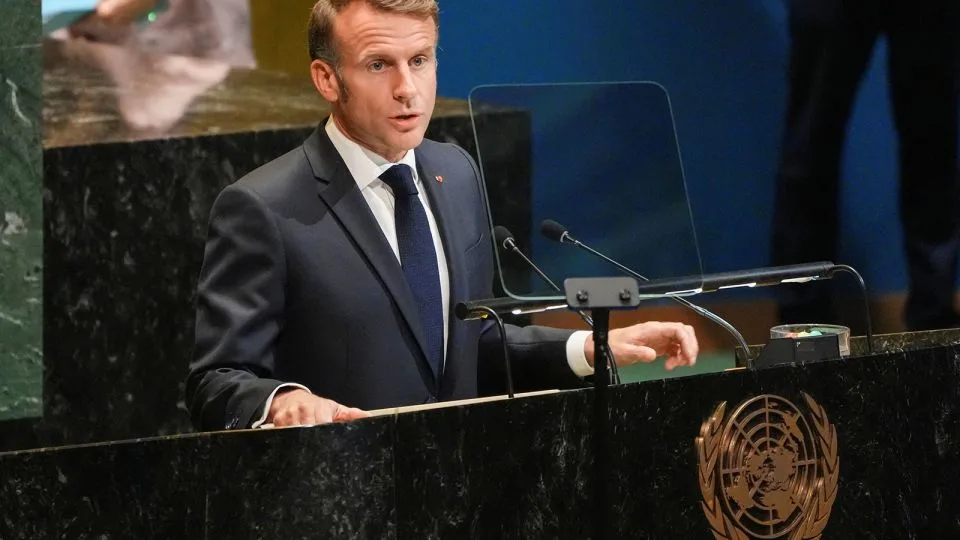A major shift is taking place on the world stage, and it’s leaving Israel increasingly isolated. On Monday, France and several other Western nations formally recognized a Palestinian state during a summit at the United Nations, co-hosted by France and Saudi Arabia. Countries like Monaco, Malta, and Luxembourg joined in, while Belgium also voiced its support, though with conditions-it wants Hamas out of the picture and hostages freed before its recognition takes full effect.
French President Emmanuel Macron delivered a clear message at the UN, saying that creating a Palestinian state is “the only solution” that could bring Israel lasting peace. He described the move as a direct blow to Hamas, not a win for them, and stressed that recognizing Palestinians’ rights does not take anything away from Israel. UN Secretary-General António Guterres echoed the sentiment, calling the situation in Gaza “intolerable” and warning there can be no peace without a two-state solution.
Over the weekend, more countries including the UK, Canada, Australia, and Portugal also recognized Palestine, joining more than 145 UN members who had already taken that step. While the decision carries symbolic weight, it lacks the backing of the United States, Israel’s strongest ally and a permanent UN Security Council member with veto power. Without U.S. support, Palestinian statehood remains out of reach.
The announcement sparked outrage in Israel. Ambassador Danny Danon blasted France and other countries, accusing them of turning their backs on Israeli hostages still held by Hamas. Prime Minister Benjamin Netanyahu vowed to fight what he called “slanderous propaganda” at the UN, saying recognition of Palestine rewards terrorism and threatens Israel’s survival. Far-right security minister Itamar Ben Gvir went even further, urging Israel to respond by taking full control of the West Bank and dismantling the Palestinian Authority.
France’s move puts it in direct conflict with Washington, which has long opposed recognition without a peace deal in place. Analysts say the U.S. is betting that this new wave of recognition won’t go beyond symbolism-unless more countries start taking real steps like sanctions or coordinated diplomatic pressure on Israel.
The summit follows the New York Declaration, backed by 142 UN members earlier this month, laying out steps toward a two-state solution and envisioning a Hamas-free Palestinian government. Macron has hinted that recognition could help push concrete changes forward, like reforms, elections, and a stronger framework for peace.
For now, though, the debate shows just how split the world is. Most countries are moving toward recognizing Palestine, while Israel and the U.S. remain firmly against it-setting the stage for even more tension at the UN and beyond.

